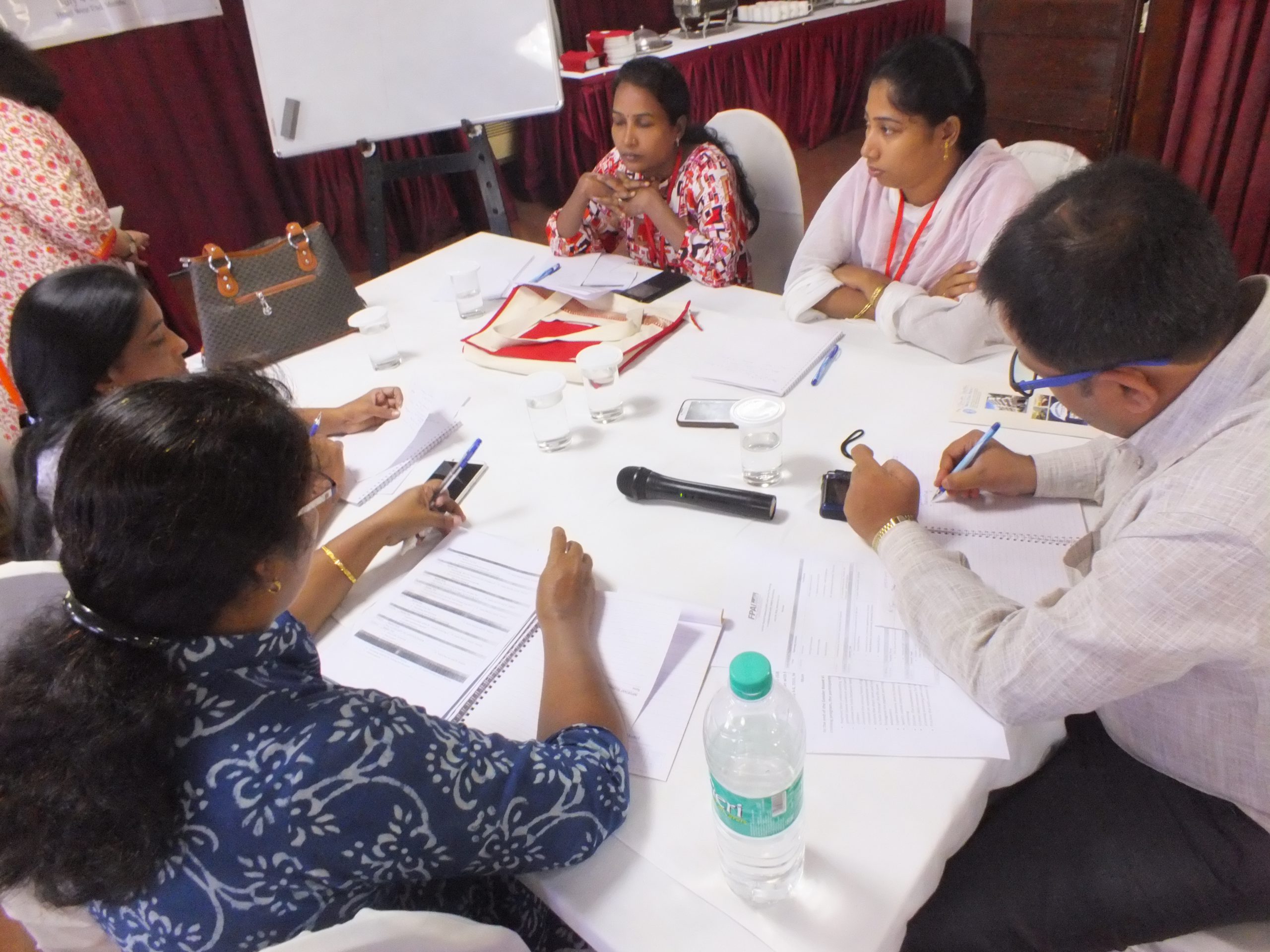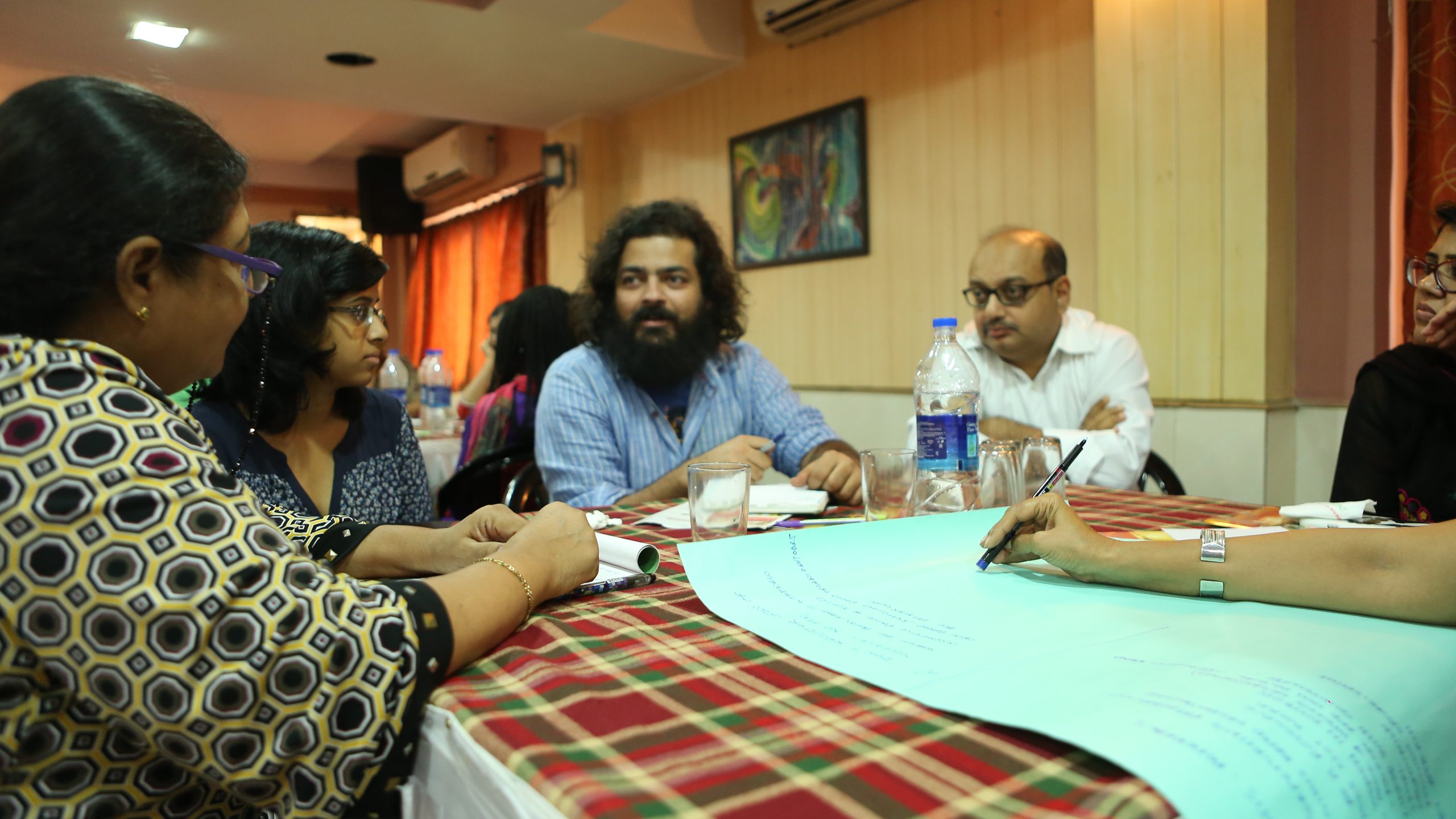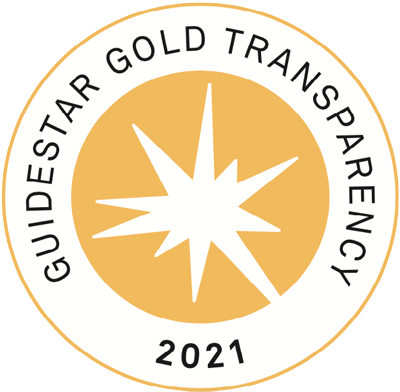I recently returned from Mumbai, India where I had the privilege to observe and work with trainers Drs. Sujata Warrier and Shamita Das Dasgupta. We travelled to Mumbai to work with three different organisations; CEHAT, FPAI and MAVA.
The FPAI or Family Planning Association of India training lasted five days at the West End Hotel. Program Managers and counsellors arrived from all over India to learn about the history of advocacy to end gender based violence in the United States along with best practices utilised and techniques that could be applied locally.
Growing Together Through the FPAI Training
It was interesting to watch the group come together over the course of the week. The first day, everyone was pleasant and formal and by the fifth day, there was a camaraderie and understanding that solidified the group. The participants had many questions and were constantly asking for further clarification and understanding about the principles presented.

The values embedded in each of us were uncovered through a variety of exercises. Sujata and Shamita had a fun and engaging way of presenting case studies. People found themselves faced with confronting their value systems as the lens through which they addressed the issues.
A significant amount of time was spent on counseling a victim and the best approach to use. Role playing was used frequently to help people practice and search for better ways to handle a particular situation. The group was especially energised when Sujata and Shamita joined in the role plays.
A key learning point that was woven throughout the training was assessment using the following three questions:
~ What you can do
~ What are other possibilities
~ What you cannot do
Sujata and Shamita would always return to these points to help the participants improve upon their counseling skills.
An additional key point that was stressed was the desire to ‘make the situation better, not necessarily to solve it.’ This was challenging for the group as everyone was eager to find ways to solve the problems of their clients. Learning to accept that sometimes the greatest help is to assist in improving the situation was an important point.
Another notable challenge was the hesitance to discuss feelings. The participants found it difficult to comment on how they felt about certain situations. Over the course of the week, they were better equipped to discuss others’ feelings; but over the course of the week, some were able to express their own emotions to the others.
A Trip to CEHAT’s DILAASA CLINIC
I also managed to spend a day with the Center for Enquiry into Health and Allied Themes (CEHAT) program. I learned about the evidence-based research that CEHAT, A MacArthur Foundation supported NGO, conducts on victims of domestic violence and sexual assault. I was able to visit one of their clinics, Dilaasa, that is located in Bhabha Hospital in Bandra. Dilaasa is India’s first hospital-based crisis intervention department for domestic violence. I was impressed by the ingenuity of the staff in placing the Dilaasa Clinic inside the emergency room of the hospital. This way, victims of domestic violence could bring themselves to the hospital for medical care and slip into the Dilaasa Clinic for emotional and physical support confidentially. The Manager and workers at the Dilaasa Clinic were welcoming and warm, eager to tell me about their work and to also ask how we manage similar situations in the West. We discovered that my work with teen parents and their work with domestic violence shared many common principles around trauma informed care. Their dedication to their patients and the organised and caring system that has been developed is remarkable. The Clinic has done so well that there is a plan in place to replicate the clinics in ten different public hospitals throughout Mumbai.

Men Against Violence and Abuse (MAVA) RoundtableThe final day of the trip was spent with a men’s organisation called Men Against Violence and Abuse (MAVA). Harish Sadani, organised many leaders in the field of gender-based violence and associated programs to come together for a round table discussion. The day began with the poignant story of Mr. Santos and his son, Mr. Keenan Santos. Keenan Santos lost his life in an attempt to protect several girls from sexual harassment in the streets. Mr. Valerian Santos’ story of seeking humane justice demonstrated bravery, compassion, strength and courage.
I am sure there are many more stories like that in India and around the world but to be in his presence and hear him talk about his journey through the criminal legal system of India was powerful and humbling. We spent the balance of the day in discussion with each other on how we could come together as leaders in the field to further the awareness and knowledge about gender-based violence in our respective communities and specifics on how to implement strategies.
Concluding Thoughts
I can sense from my experience on this trip that we are at the beginning of a longer journey. There are so many resources and enthusiastic and talented individuals ready to come together for the greater good. I am excited to be a part of this process and to help effect change for victims of domestic violence, sexual assault and gender-based violence throughout India.



 A Genius Stack Website
A Genius Stack Website